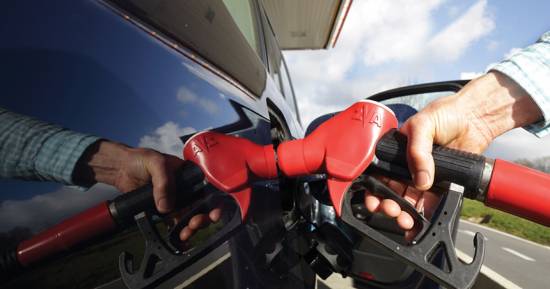What a difference a year – and, more to the point, Vladimir Putin – has made for the oil-rich emirate of Kuwait and its banking sector.
From 2020 until February this year, things had been rather grim for Kuwait. Like many elsewhere, Kuwaitis struggled through the Covid-19 pandemic and the sudden shock it dealt to the economy. But, unlike most developed nations, Kuwaitis had precious little in the way of diversified alternative economic activity to soften the blow of their nation’s near-absolute reliance on resources.
The affluent emirate had famously accumulated ‘rainy day’ reserves over decades, but when oil prices tanked in early 2020 as energy demand slumped worldwide, a sharper spotlight revealed how poorly the authorities had managed the economy and those reserves in recent years.
Unthinkably, one of the world’s richest countries needed to run successive budget deficits to operate the machinery of state, while building up huge debts and IOUs within Kuwait’s tight-knit network of state enterprises.
And all this before the pandemic downturn put even more pressure on the country.
This set off alarm bells around the nation, and in 2020 an influential group of Kuwaiti economists argued in an explosive and widely circulated paper – ‘Before it’s too late’ – that the lightly taxed, rich-for-life guarantees that came with being born Kuwaiti were in danger of disappearing, and that Kuwait desperately needed to diversify away from resource reliance./agencies


